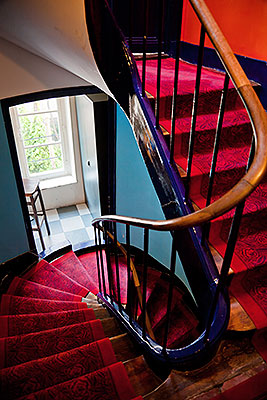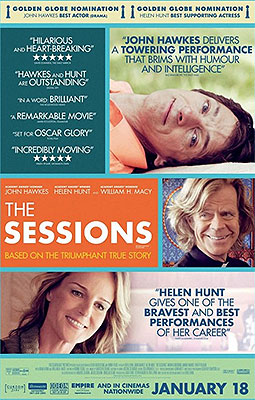 Accessibility is becoming an important concern in all sorts of public places. From stadiums to hospitals to museums, more businesses and organisations than ever before are getting with the times by making their facilities accessible for all people.
Accessibility is becoming an important concern in all sorts of public places. From stadiums to hospitals to museums, more businesses and organisations than ever before are getting with the times by making their facilities accessible for all people.
Accessibility measures are even being taken in some unexpected industries. One of these is the sex industry.
That’s right: businesses that provide sex in exchange for money, or brothels, are now thinking about how they can make their facilities more accessible for those with disabilities.
Obviously, the unique nature of these businesses means there are specific physical challenges that must be met in order for accessibility requirements to be fulfilled. To get a better sense of how it is possible to make brothels accessible for those with disabilities, it is necessary to first understand why this requirement has entered the public discussion over the past few years.
It may seem outlandish on the surface, but upon further examination it makes sense why people with disabilities and the sex industry are a perfect match.
Both groups of people are marginalised when it comes to relationships. The stigma attached to sex workers doesn’t need to be explained, but what most people don’t realise is that it can be just as bad for people with disabilities.
In 2008, a survey conducted by the BBC showed that a whopping 70% of U.K. citizens had never had sex with someone with a disability and wouldn’t consider doing so.
This alarming bias puts those with disabilities in an unfair position. They have the same needs and desires as any other person, yet their condition makes it difficult for them to be physically intimate. Even if they have a partner, a physical or mental disability can make it extremely challenging to consummate the relationship.
Seeing this disparity, some world governments have started taking action to help level the playing field in the sex industry for those with disabilities.
Although universal design is not quite as widespread in brothels as it is in other industries, there has been some positive progress in recent years.
Industry professionals themselves are beginning to recognise the demand for sex worker services among those with disabilities. The New Zealand Herald covered the story of a woman named Rachel Wotten who specialises in this area. Rachel is a Sydney-based sex worker who focuses on servicing those with disabilities. Her clients have had disabilities ranging from muscular dystrophy, brain injuries, deafness, and blindness.

Even governments are beginning to understand that those with disabilities need to have equal access to physical relationships. In the United Kingdom, a 21-year-old disabled man was recently sent to Amsterdam to have sex with a prostitute using government funds. While this arrangement is controversial, it is happening more often than most people might think in the U.K. and other forward-thinking areas.
With the trend of brothels providing universal access clearly on the upswing, it becomes important to gain an understanding of how brothels can be made more accessible.
A brothel is a unique business: it is no exaggeration at all to say that they provide a service unlike any other type of facility.
This also means that they must have certain measures in place to allow people with a disability to patronise their business. Some of these measures might include:
It will be interesting to see how the trend of accessibility in brothels develops over the next few years. There is clearly a big opportunity for those in this industry to not only broaden their business, but also help people with disability to experience the kind of intimacy that they should be entitled to as human beings.